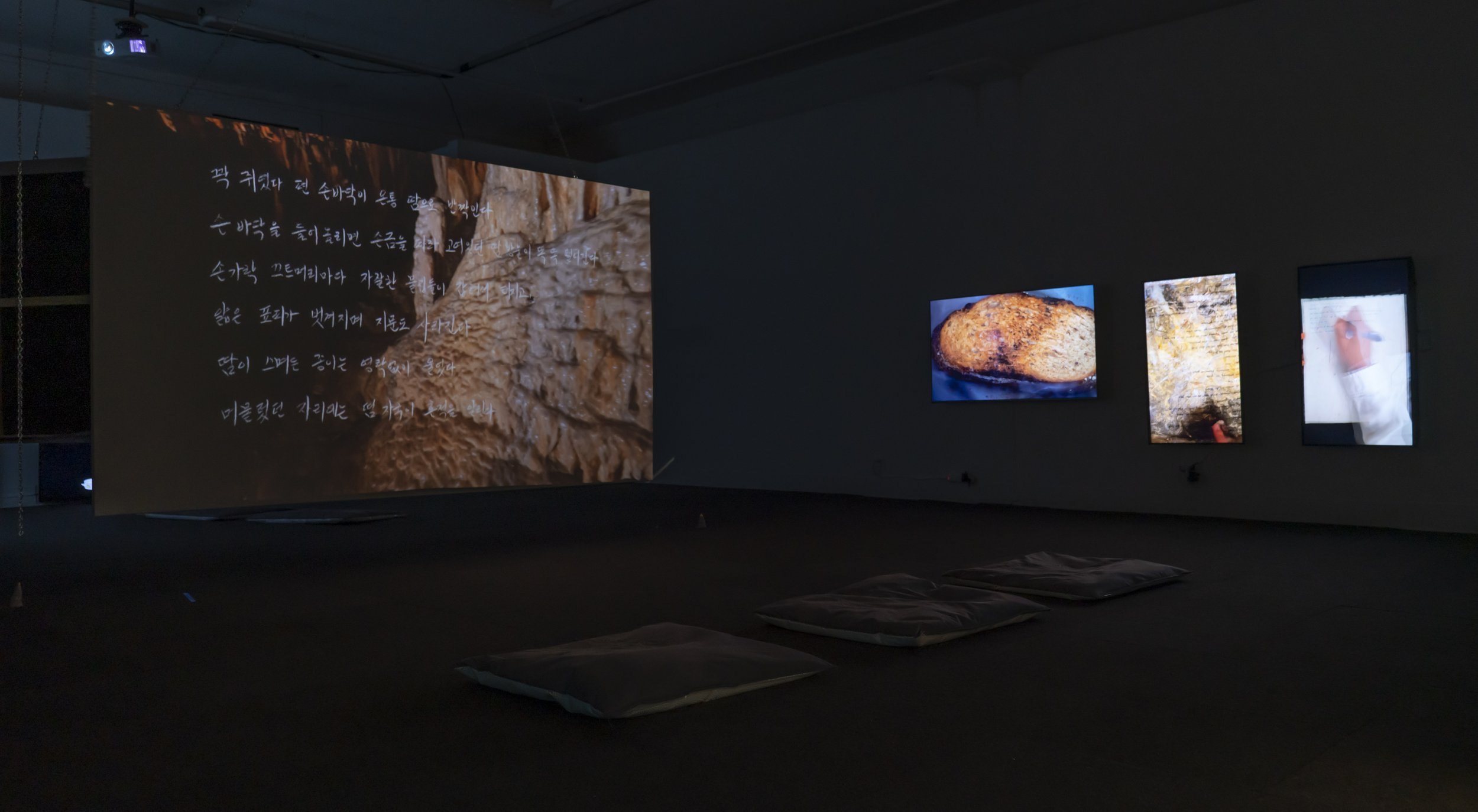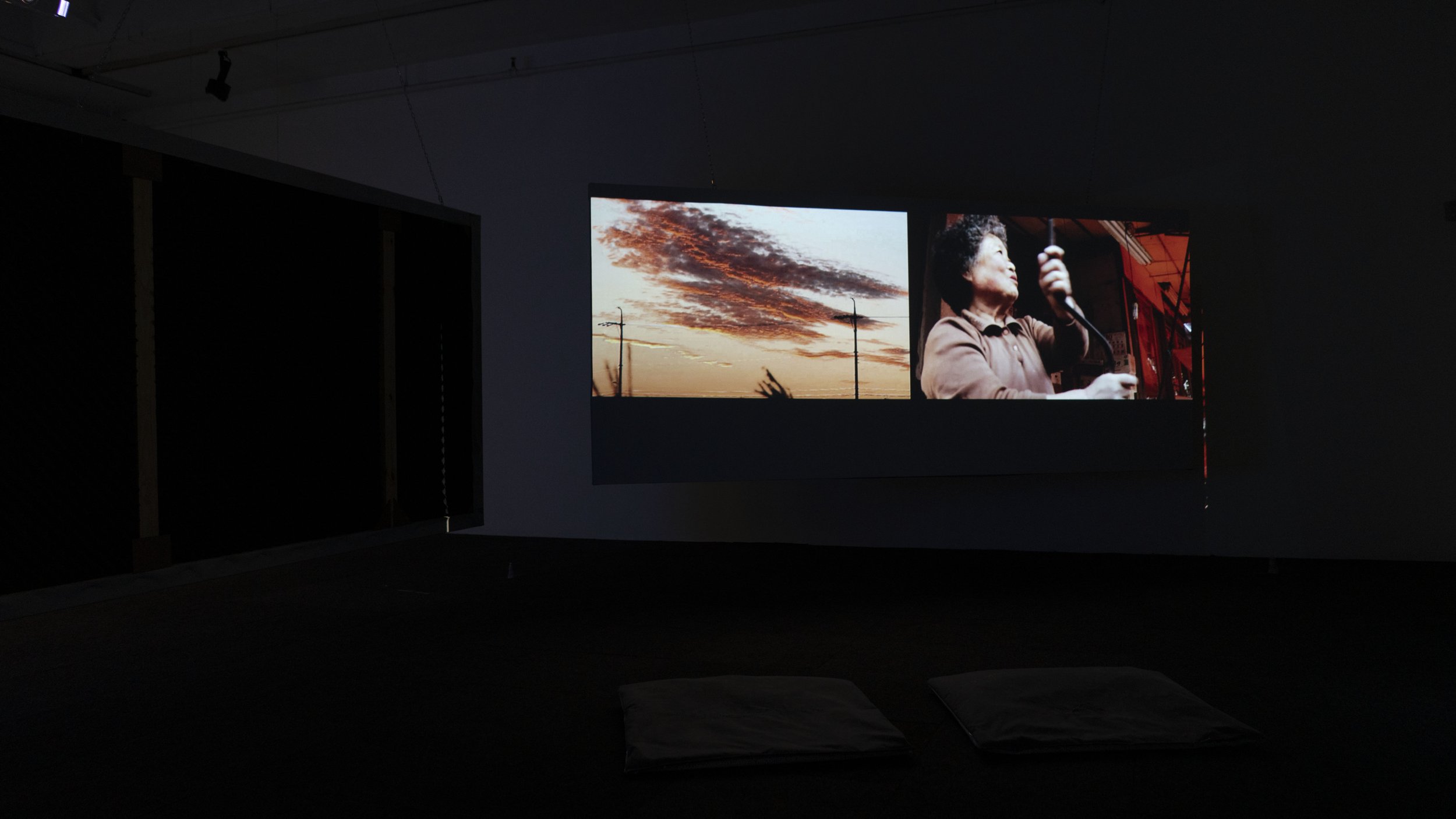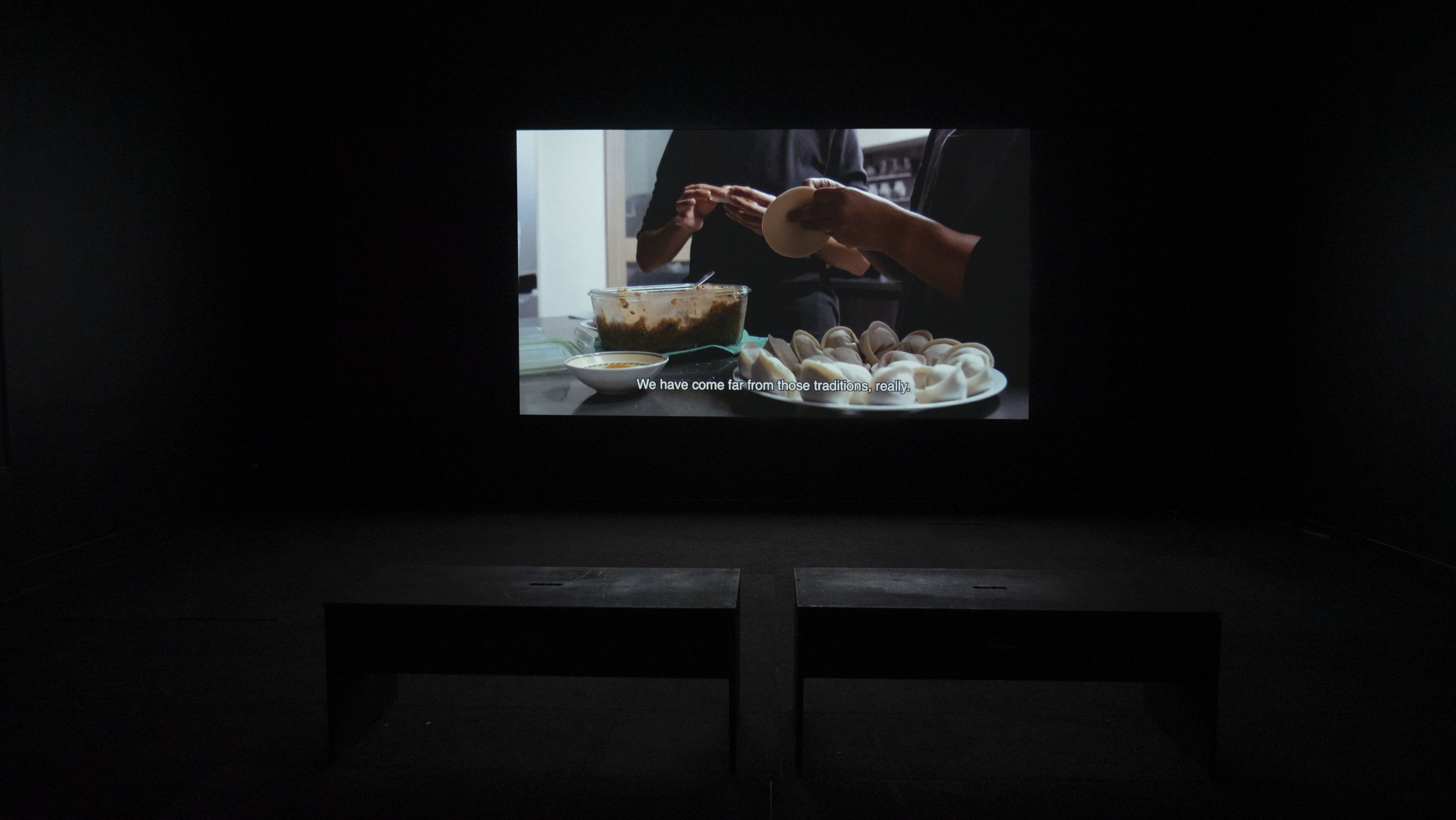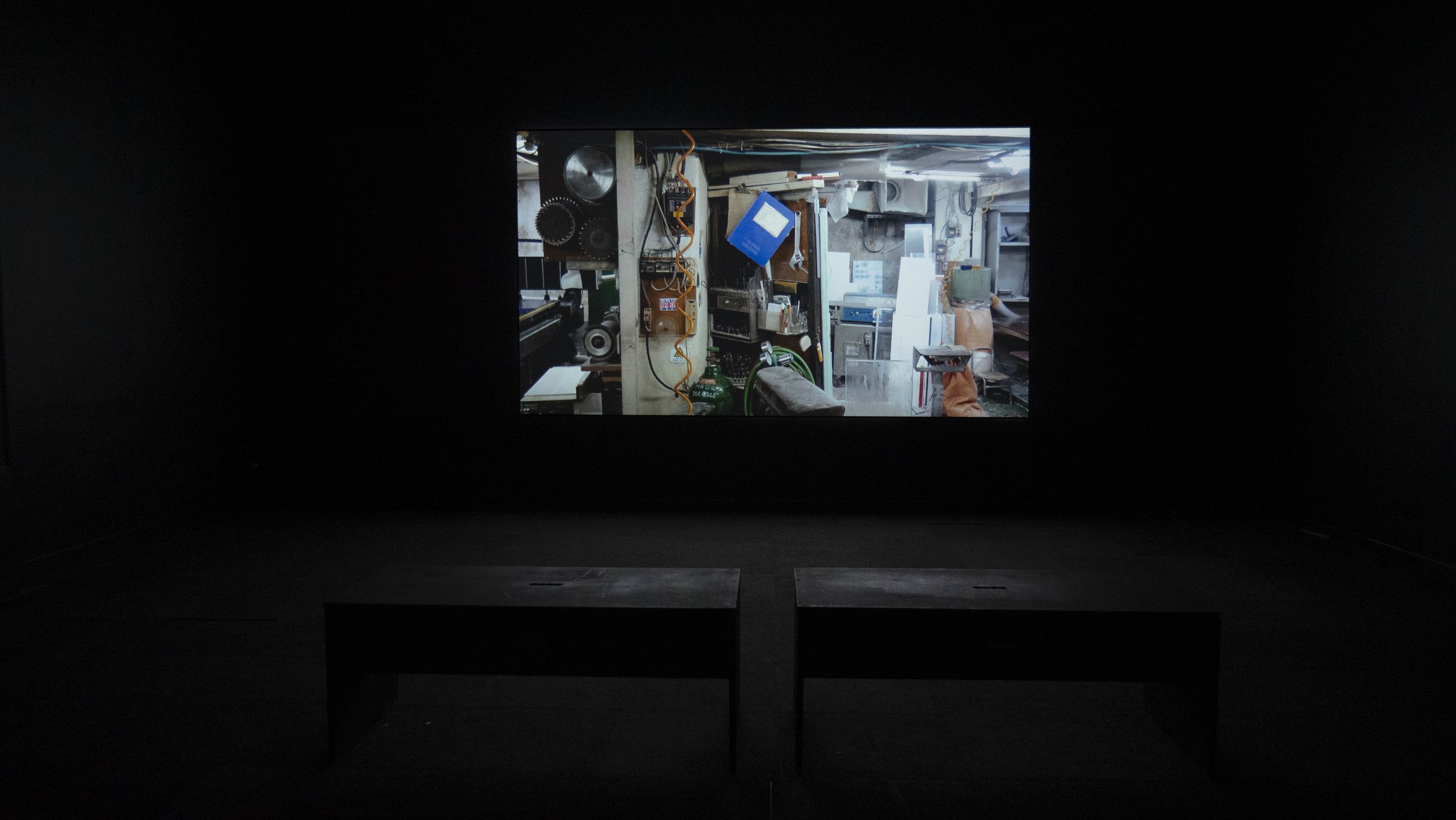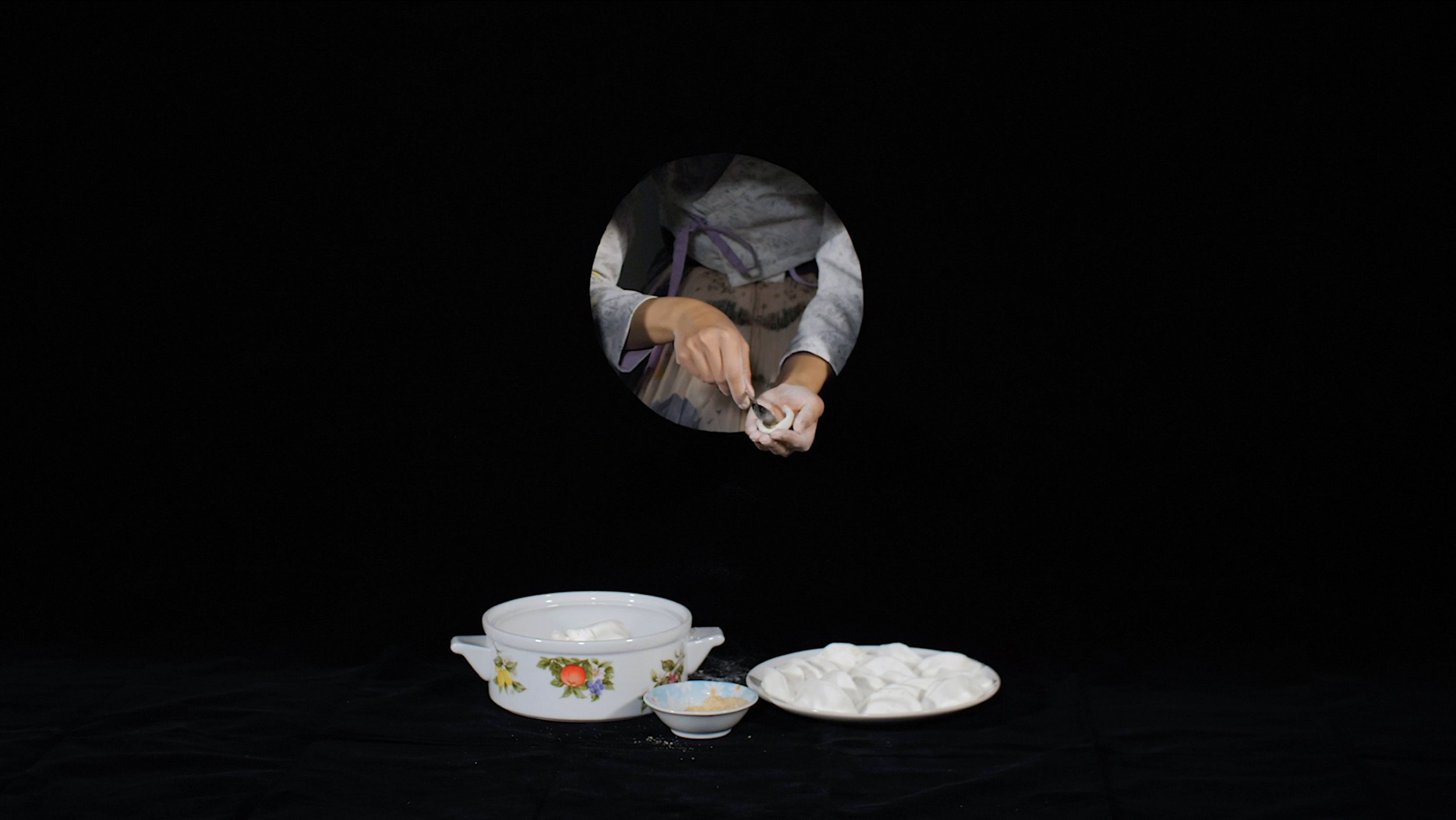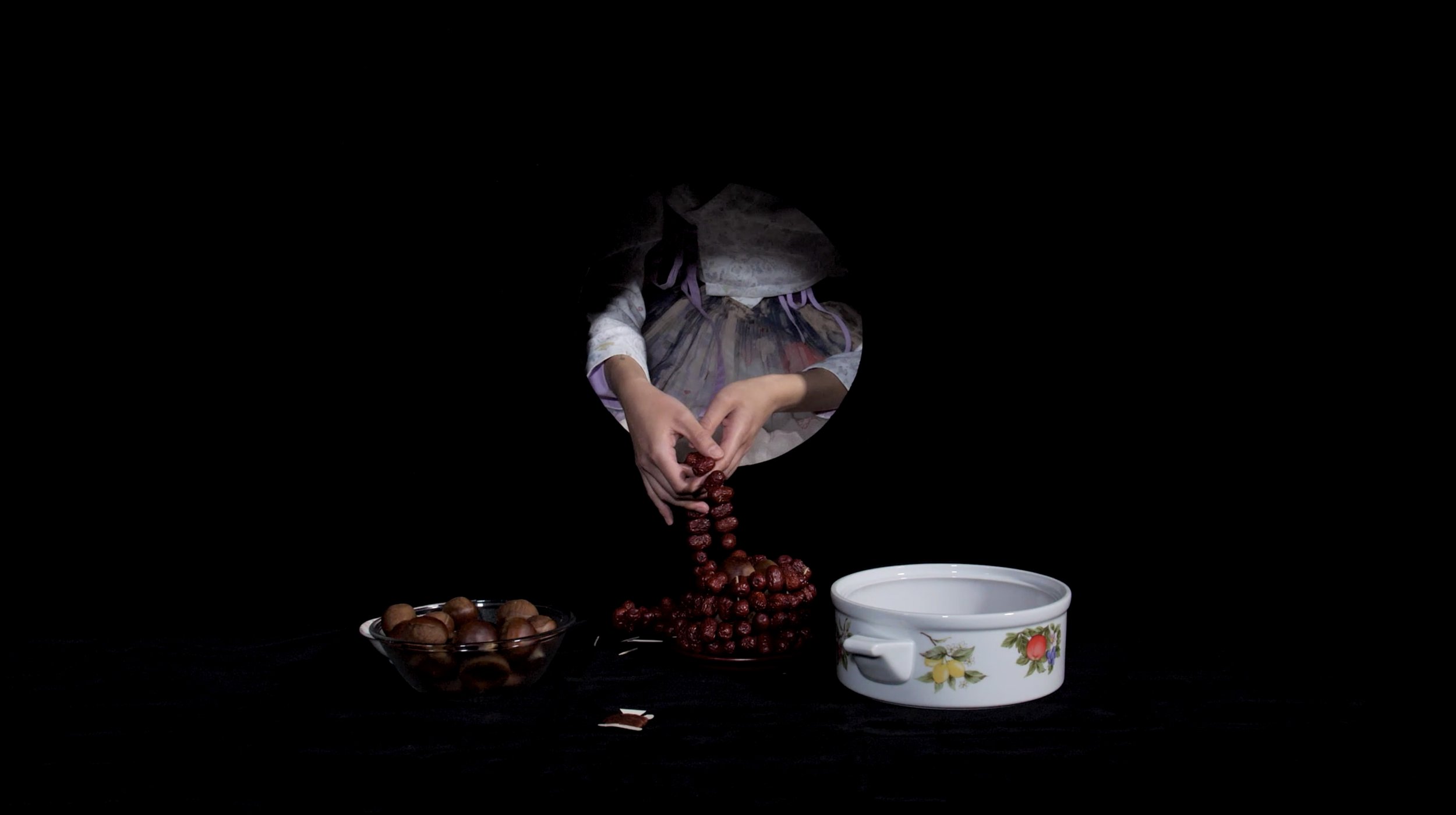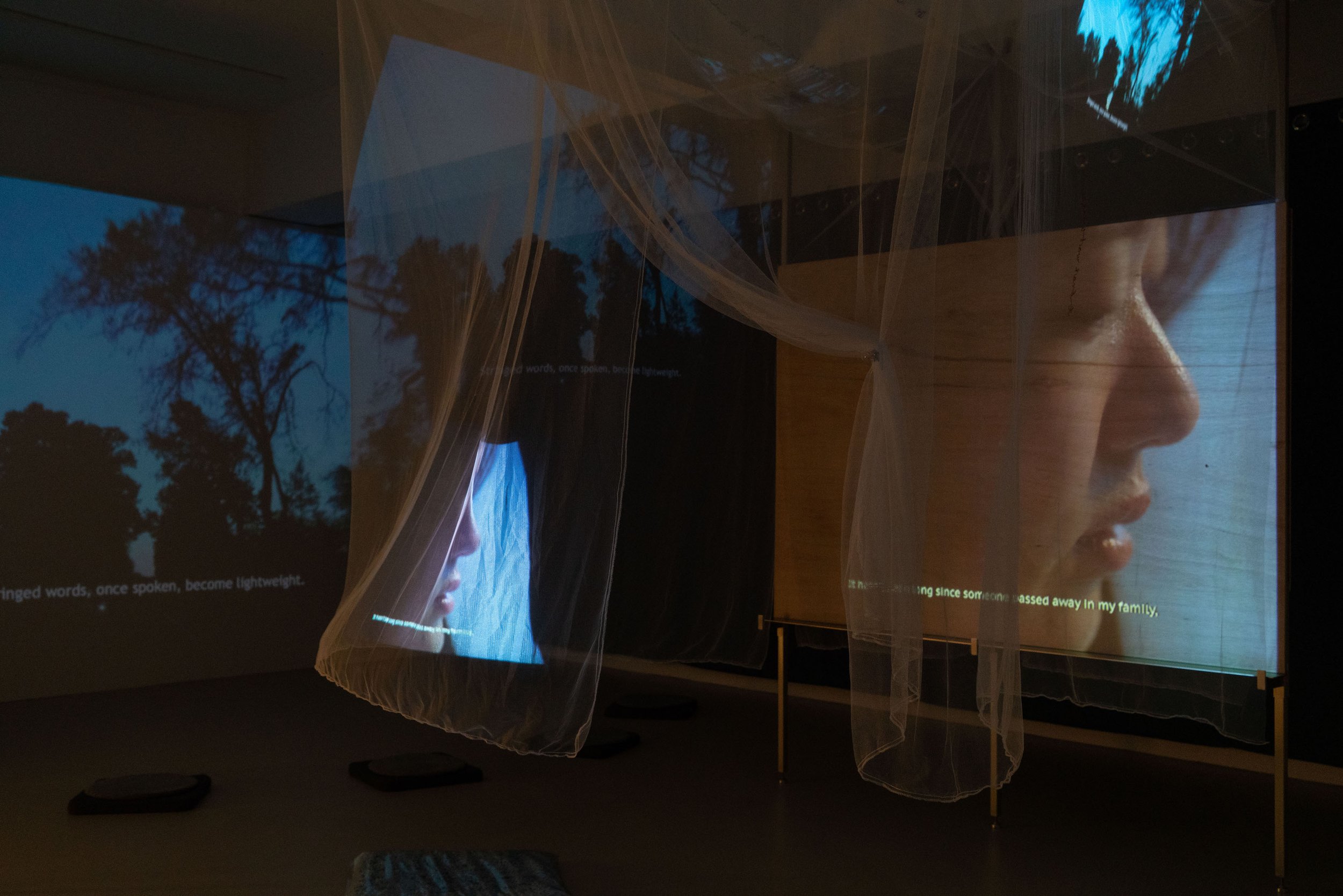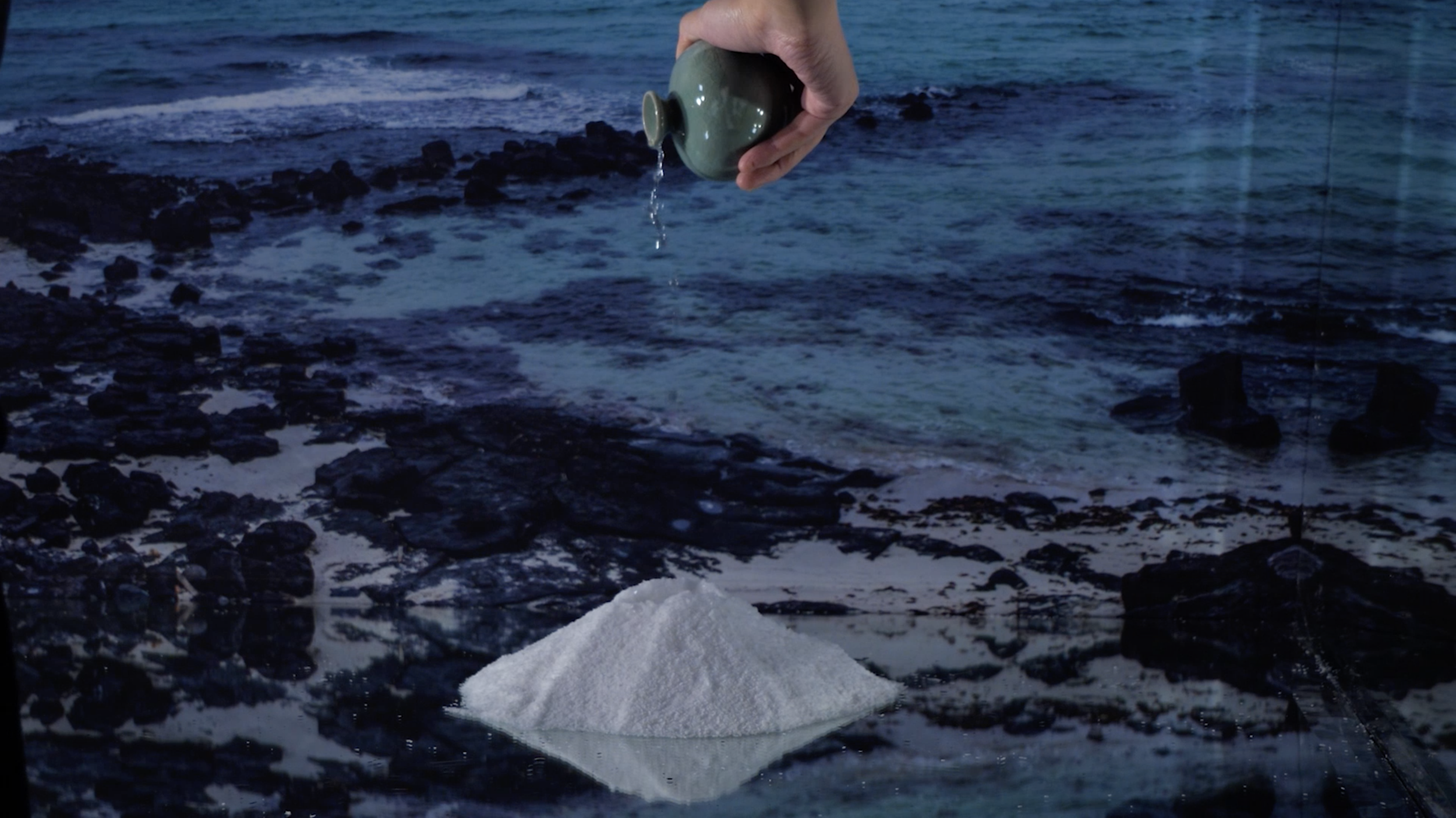Cecilia Kim (b. Seoul, South Korea; lives and works in Richmond) is a video artist who received her MFA in Photography + Film at Virginia Commonwealth University, and BFA from the School of the Art Institute of Chicago. Kim has lived in five countries, including Australia, England, Singapore, and the United States.
Kim was recently awarded Best in Show, First Place, at the 19th annual Trawick Prize: Bethesda Contemporary Art Awards. Her work has been shown in solo and group shows, including The Immigrant Artist Biennale, virtual; 0 GALLERY, Seoul, Korea; Target Gallery, Alexandria, VA; Hume Gallery and Sullivan Galleries, Chicago; and at film festivals and screenings, including the NoFlash Video Show, The Anderson Gallery, Around International Film Festival Amsterdam, and Student Experimental Film Festival Binghamton. Kim was a resident artist at the Busan International OpenArts Residence in 2020, and at the Ox-Bow School of Art and Artists’ Residency in 2021.
Artist statement
My work is shaped by immaterial exchanges and conversations with my family, community, and friends.
Interpersonal relations and domestic spaces anchor my roots as I navigate my evolving transnational identity as both an insider and outsider in Korea and the United States. As a Korean woman living outside my home country, how I speak and present myself becomes a self-aware performance of authenticity. I ask questions on what it means to uphold traditional expectations towards women and how I belong to or represent my culture.
I exchange shared narratives in my videos, blurring the boundaries between the personal and collective, and explore the interplay between the documentary and constructed image. I document emotionally resonant moments of care and universal narratives that withstand cultural and language barriers. I hope to bridge human connections and provide space for shared intimacy and vulnerability. These nonlinear narratives capture the cyclical and repetitive nature of labor and generational time, with its symptoms of disappearance and erosion. My practice exists within the invisible spaces of labor that I turn my lens towards. I seek what it means to occupy the in-between spaces that I find myself in. In this liminal space of otherness, I examine the translation of culture and language—how language fulfills or fails as a tool and the impossibility of translation. Through my practice, I push against boundaries and hierarchical systems of power.


